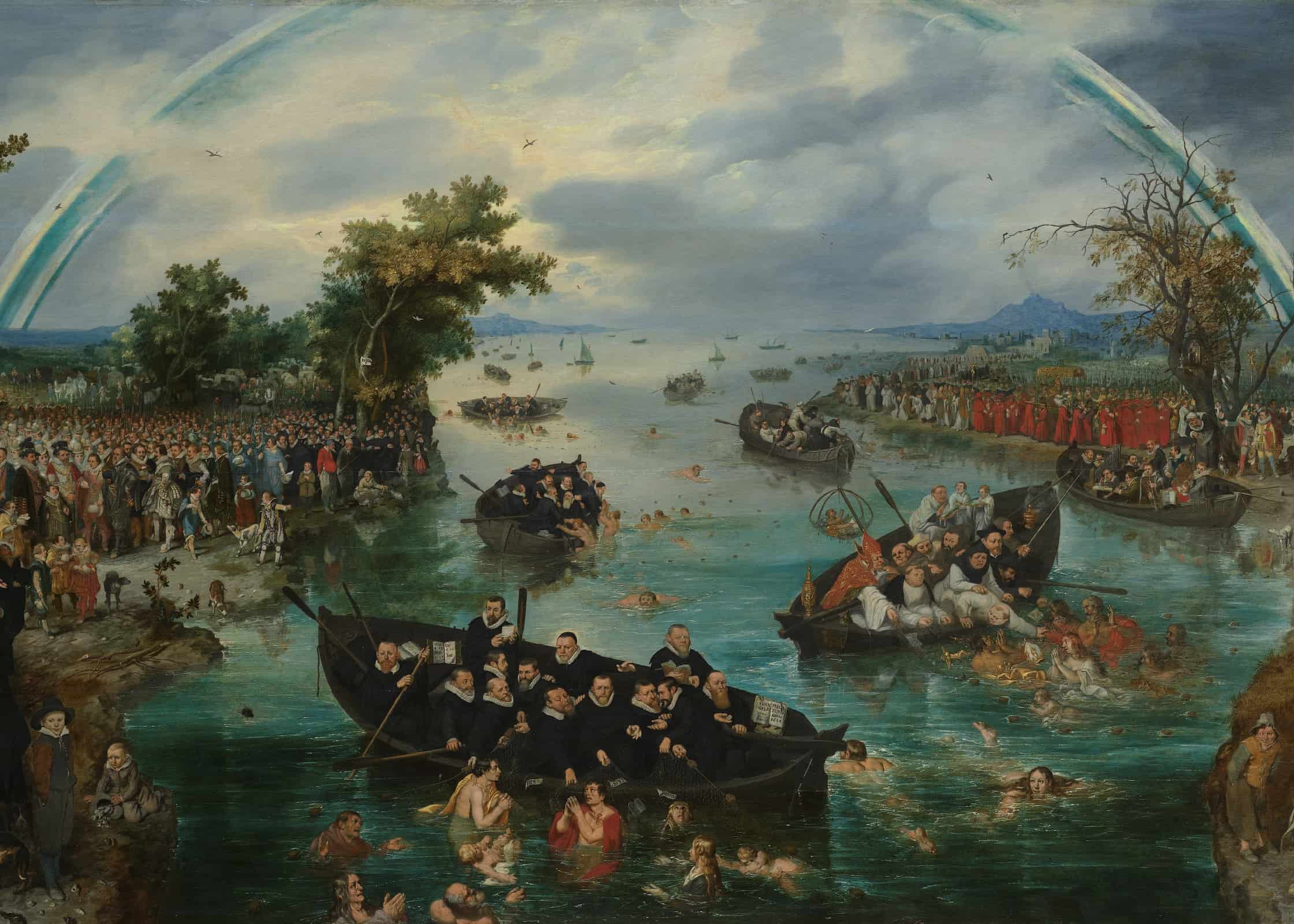
God created man male and female, after his own image, in knowledge, righteousness, and holiness, with dominion over the creatures.
God’s works of providence are, his most holy, wise, and powerful preserving and governing all His creatures, and all their actions.
When God had created man, he entered into a covenant of life with him, upon condition of perfect obedience; forbidding him to eat of the tree of the knowledge of good and evil, upon the pain of death.
Our first parents, being left to the freedom of their own will, fell from the estate wherein they were created, by sinning against God.
Sin is any want of conformity unto, or transgression of, the law of God.
The sin whereby our first parents fell from the estate wherein they were created, was their eating the forbidden fruit.
The covenant being made with Adam, not only for himself, but for his posterity; all mankind, descending from him by ordinary generation, sinned in him, and fell with him, in his first transgression.
The fall brought mankind into an estate of sin and misery.
The sinfulness of that estate whereinto man fell, consists in the guilt of Adam’s first sin, the want of original righteousness, and the corruption of his whole nature, which is commonly called Original Sin; together with all actual transgressions which proceed from it.